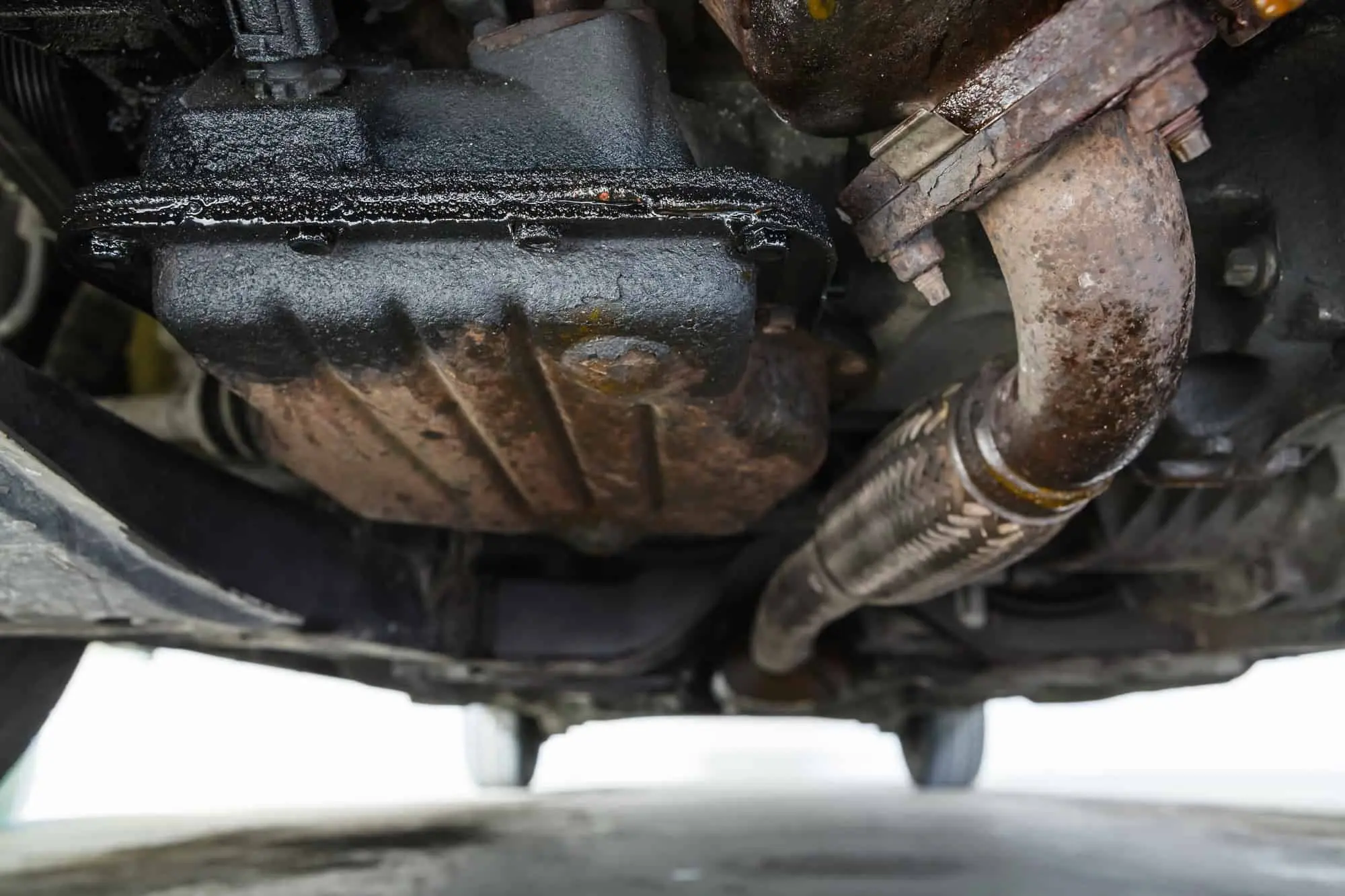Must watch Engine Oil Leak Causes
Are you encountering an annoying oil leak that’s wreaking havoc on your vehicle? Don’t despair! Learn the secrets of identifying and resolving engine oil leaks like a pro.
Painful consequences of ignoring oil leaks
Oil leaks aren’t just a nuisance; they can lead to catastrophic engine damage if left unchecked. Engine oil is the lifeblood of your car, serving as a lubricant, coolant, and protector against wear. Leaks can deplete oil levels, leading to friction, overheating, and premature engine failure.
What causes engine oil leaks?
Oil leaks can stem from various sources, including gaskets, seals, hoses, and damaged engine components. Over time, seals can deteriorate and wear out, allowing oil to seep through. Loose bolts or improper installation can also create a pathway for leaks. Identifying the exact location of the leak is crucial to determining the necessary repairs.
The anatomy of an oil leak
Understanding the different types of oil leaks can help you diagnose the problem. Front seals, rear main seals, and valve cover gaskets are common sources. It’s important to note that some leaks may be external, while others may occur internally, requiring more extensive repairs.

Myths and misconceptions
There are several myths and misconceptions surrounding oil leaks. One common myth is that all leaks are major issues that require immediate attention. While some leaks do warrant prompt repairs, others may be minor and can be monitored over time. It’s essential to have the leak inspected by a qualified mechanic to assess its severity.

The secret signs of an oil leak
There are several telltale signs that can indicate an oil leak, including: Visible oil droplets under your parked vehicle, burning oil smell in the cabin, low oil pressure warning light, and bluish exhaust smoke.
Prevention is better than cure
Regular maintenance and inspections can help prevent oil leaks from occurring in the first place. Changing your oil and filter according to the manufacturer’s recommendations is vital, as dirty oil can deteriorate seals and gaskets. Additionally, periodic inspections can identify potential leaks and allow for timely repairs.
Tips for fixing oil leaks
Addressing an oil leak depends on its source. Minor leaks may be resolved by tightening loose bolts or replacing a worn gasket. However, major leaks involving seals or engine components might require specialized tools and expertise. It’s always advisable to consult with a qualified mechanic for proper diagnosis and repair.

External oil leaks
External leaks are typically easier to diagnose and repair compared to internal leaks. They’re usually caused by faulty gaskets or seals that can be replaced. In some cases, tightening loose bolts or clamps may suffice.

Fun facts about oil leaks
Did you know that even a small oil leak can waste up to a gallon of oil per year? Over time, this can lead to significant oil loss, affecting your vehicle’s performance and longevity. It’s always better to address an oil leak promptly.
How do I fix an oil leak?
Depending on the severity and location of the leak, DIY repairs may be possible. However, for major leaks or those involving internal components, it’s highly recommended to seek professional assistance from a qualified mechanic. They have the expertise and tools to diagnose the problem accurately and perform the necessary repairs.

What happens if an oil leak is ignored?
Ignoring an oil leak can have severe consequences. As oil levels drop, friction increases, leading to engine damage, overheating, and premature failure. It can also result in increased emissions, reduced fuel efficiency, and potentially dangerous driving conditions.
Listicle: Essential tools for fixing oil leaks
Here’s a list of essential tools you may need when repairing an oil leak: – Wrench set – Screwdriver set – Pliers – Oil filter wrench – Oil drain pan – Gloves – Rags – Gasket sealant
Question and Answer
Q: Can I fix an oil leak myself?
A: Minor oil leaks may be repairable by a DIYer with basic mechanical skills. However, major leaks or those involving internal components should be addressed by a qualified mechanic.
Q: How often should I check for oil leaks?
A: It’s recommended to check for oil leaks regularly, at least once a month. This can help detect and address leaks early on, preventing major issues.

Q: What are some common symptoms of an oil leak?
A: Common symptoms include visible oil droplets under your parked vehicle, burning oil smell in the cabin, low oil pressure warning light, and bluish exhaust smoke.
Q: Can I drive with an oil leak?
A: It’s generally not advisable to drive with an oil leak. Driving with low oil levels can cause significant damage to your engine. It’s recommended to have the leak repaired as soon as possible.
Conclusion of Engine Oil Leak Causes
Engine oil leaks are a common problem that can affect any vehicle. Understanding the causes, diagnosing the leak, and taking appropriate action are crucial for maintaining your vehicle’s health. Whether you choose DIY repairs or seek professional assistance, it’s best to address an oil leak promptly to prevent costly consequences and ensure your vehicle’s optimal performance.




